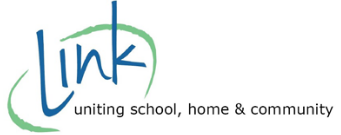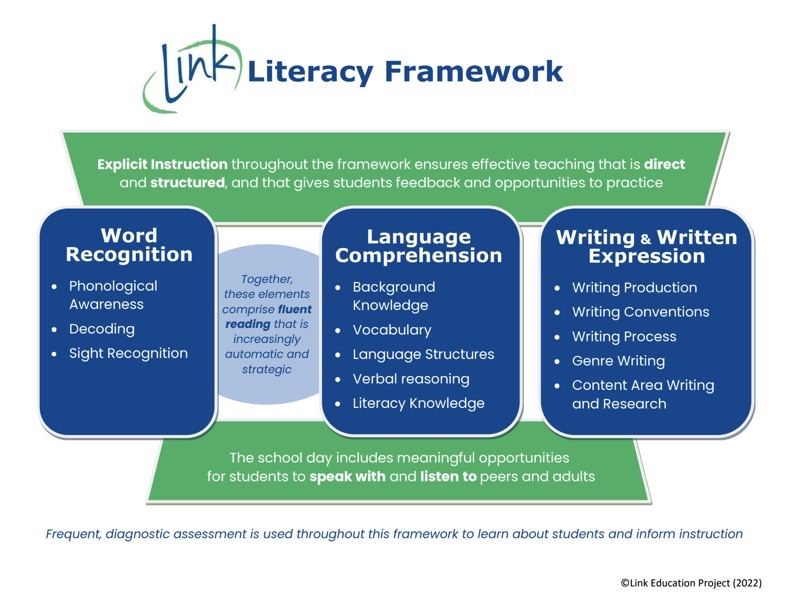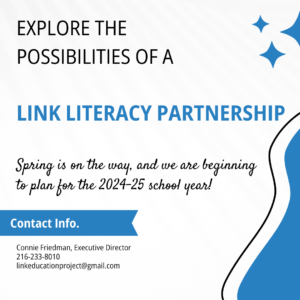We have lots and lots of data in education, especially when it comes to reading. Gathering that data is often easier than making use of it. Here are some things to keep in mind as you sort through your literacy data.
Testing circumstances impact performance.
Many assessments are administered to students in a large group setting and on the computer. Are students truly set up to do their best in this environment? We don’t want to make excuses, but we do want the data to give us information about reading, not about behavior, focus, or level of engagement with the task.
Low comprehension scores don’t necessarily mean there is a comprehension issue.
Students can’t comprehend if they can’t decode. Students also struggle to comprehend when their reading isn’t fluent, or if they are unfamiliar with the vocabulary in a piece of text. We’ll need to look at decoding, fluency, vocabulary and comprehension data to determine the source of a comprehension challenge.
Low fluency scores don’t necessarily mean there is a fluency issue.
Students who can’t read fluently, could have a decoding issue. It is important to gather more diagnostic information before isolating the problem.
Data is only helpful if we do something about it.
Our data gives us information to use as we plan instruction. If we aren’t using it, we’re wasting our time and our students’ time. Do teachers need support in accessing and applying the data to their instruction?
Does your district have a Literacy Decision Tree? If so, use it. If not, create one.
The tree is a guide that helps us figure out who needs which assessments. Using it will decrease the amount of testing for each student, and it will lead us from the screening measures to the diagnostic information that we need in order to make instructional decisions.







